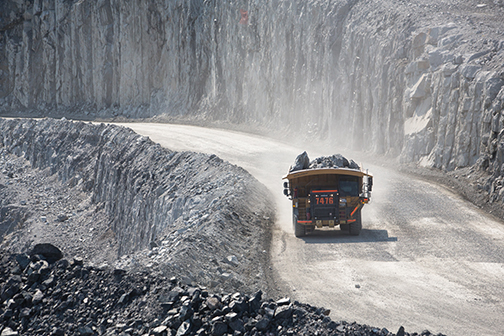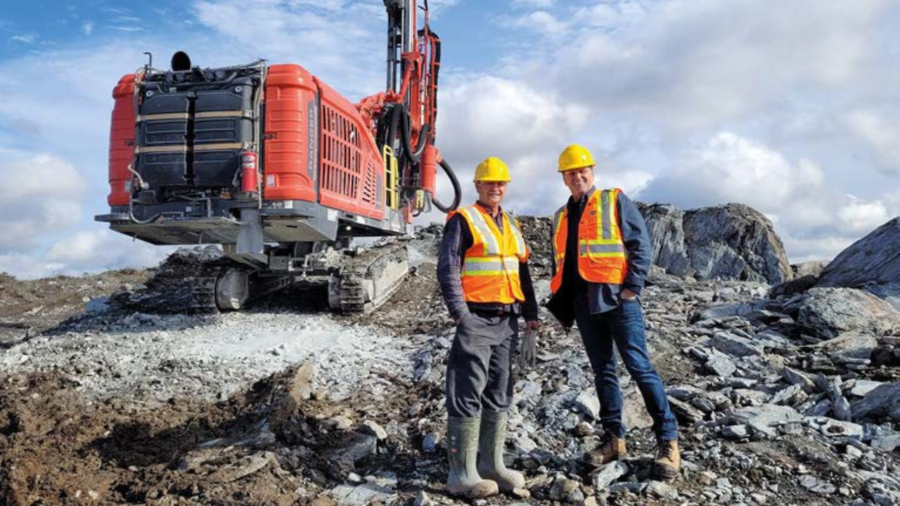Straight talk on Canada’s new greenwashing laws: What mining companies need to know


Greenwashing regulations are sprouting up faster than organic kale. From the E.U.’s Green Claims Directive to Australia’s Green Claims Code, to the U.K.’s Financial Conduct Authority’s anti-greenwashing rules, many jurisdictions are cracking down on false or misleading environmental claims. On June 20, 2024, Bill C-59 became law and amended Canada’s Competition Act to introduce our own anti-greenwashing provisions, which aim to enhance the accountability of businesses making environmental and social claims. Additionally, in December 2024, the Competition Bureau released proposed guidelines to clarify their enforcement approach.
For mining companies headquartered or operating in Canada, these changes demand immediate attention this reporting season to avoid possibly substantial penalties and reputational damage. The Mining Association of Canada (MAC) has expressed concerns about the provisions’ vagueness and potential impact on the industry’s ability to secure investments. Nevertheless, these regulations are now in force, making compliance essential for mining companies publishing sustainability reports.
Many sustainability teams are deep in their annual reporting processes right now. It is key to remember that these recent Competition Act amendments apply to all businesses operating in or headquartered in Canada, regardless of your size. The provisions are already enforceable now, and from June 2025, private parties will also be able to take action to directly challenge companies on greenwashing. So, if your in-scope mining company is reporting on sustainability or environmental, social, and governance (ESG), here are our top practical recommendations.
Make evidence based claims only
All environmental claims must be supported by “adequate and proper testing.” For mining operations, this means having solid evidence backing up any sustainability assertions. If you claim that a particular operational adjustment has reduced carbon emissions, or that you rehabilitate land more effectively than others, ensure you have credible data on hand demonstrating these outcomes.
Adopt internationally recognized methodologies
When making claims about your mining operations’ sustainability practices, use methodologies recognized internationally. Standards like the GHG Protocol, ISO 14064 for greenhouse gas (GHG) accounting, or Science Based Targets initiative (SBTi) provide credible frameworks. If your methods are not widely accepted, you risk being challenged on your claims.
Do not rely solely on Canadian approvals
While Canadian government program approvals may be helpful, they must be supplemented with internationally recognized methodologies. Relying only on Canadian standards or permits is insufficient for substantiating environmental claims under the new provisions. Though compliance with Canadian legislation is mandatory, the credibility of environmental claims requires alignment with globally recognized standards and methodologies to withstand potential scrutiny.
Conduct your due diligence
Conduct proper due diligence to ensure your company’s methods demonstrate that you took reasonable steps to prevent inadvertent deceptive marketing practices, particularly when making claims about sustainability practices. Implement a structured compliance program with clear policies, training, and monitoring mechanisms relating to any environmental claims. Third-party verification from reputable organizations also serves as particularly valuable evidence of due diligence.
Document everything
Maintain thorough records of all data and evidence supporting your sustainability and environmental performance claims. Documentation should include monitoring data, testing results, methodologies used, and any third-party verifications. Although you are not required to disclose this information publicly, having it ready can help mitigate risks if questions arise about your claims.
Scrutinize claims about new technologies
Mining companies are often implementing innovative technologies to improve sustainability performance these days. Be particularly cautious when making claims about the impact of these innovations. If you are implementing new water treatment technologies or low-emission equipment that claim to be more environmentally friendly, have data ready to prove their effectiveness.
Assess references to filings
Be careful when repurposing information from regulatory filings for marketing materials or sustainability reports. While the Competition Bureau is not primarily focused on “representations made for a different purpose, such as to investors and shareholders in the context of securities filings,” the same information therein becomes subject to scrutiny when used for promotional purposes. So, if you extract environmental claims from your regulatory filings and use them in public-facing promotional materials, they become subject to the Bureau’s enforcement of deceptive marketing provisions.
Do not stop disclosing
Your company may be tempted to reduce its disclosures to manage greenwashing risk, but sustainability disclosures, public policies, and commitments are an important part of building trust, social license, and demonstrating responsible performance to a broad range of stakeholders. So, do not stop disclosing, but ensure that the information your company makes public stands up to scrutiny.
When developing a sustainability report, it is crucial for your claims to be specific and evidence based. Dispense with the vague statements that have been all too common in this industry. Instead of describing your company as “environmentally responsible” or “sustainable,” provide concrete metrics such as “we reduced freshwater consumption by X% through water recycling systems that processed Y million litres in 2024.” Focus on showcasing actual accomplishments rather than aspirations too. Consider third-party verification of potentially contentious claims about topics like GHG emissions, water impacts, or biodiversity outcomes. And for forward-looking statements, develop concrete plans with interim targets, ensuring implementation steps are underway before publicizing. Finally, do not forget to have multiple people, including your risk and audit committee and third-party experts review your reports for accuracy and compliance.
While the Competition Bureau will not retroactively enforce the new greenwashing provisions, mining companies must ensure future sustainability reports align with these regulations. Though still in early implementation, these rules apply to operations of all sizes across the Canadian mining sector.
The consequences of non-compliance are severe: fines up to $10 million ($15 million for repeat offenders) or 3% of global annual revenue, whichever is greater. Starting June 2025, private parties can initiate actions based on their interpretations of the Act, potentially exposing your company to additional litigation risk, in a context of rapidly growing ESG litigation risk.
Our industry has long faced intense scrutiny over our environmental and social impacts. Beyond financial penalties and legal compliance issues, the reputational damage from greenwashing allegations can significantly impact your social license to operate, stakeholder trust, and investor confidence.
Elizabeth Freele and Rachel Dekker are managing partners of the mining sustainability consultancy: Sympact and founders of online learning platform: the Responsible Mining Academy.
While this guidance is offered in good faith, it does not constitute legal advice. Companies should consult legal counsel for specific compliance questions.





Comments